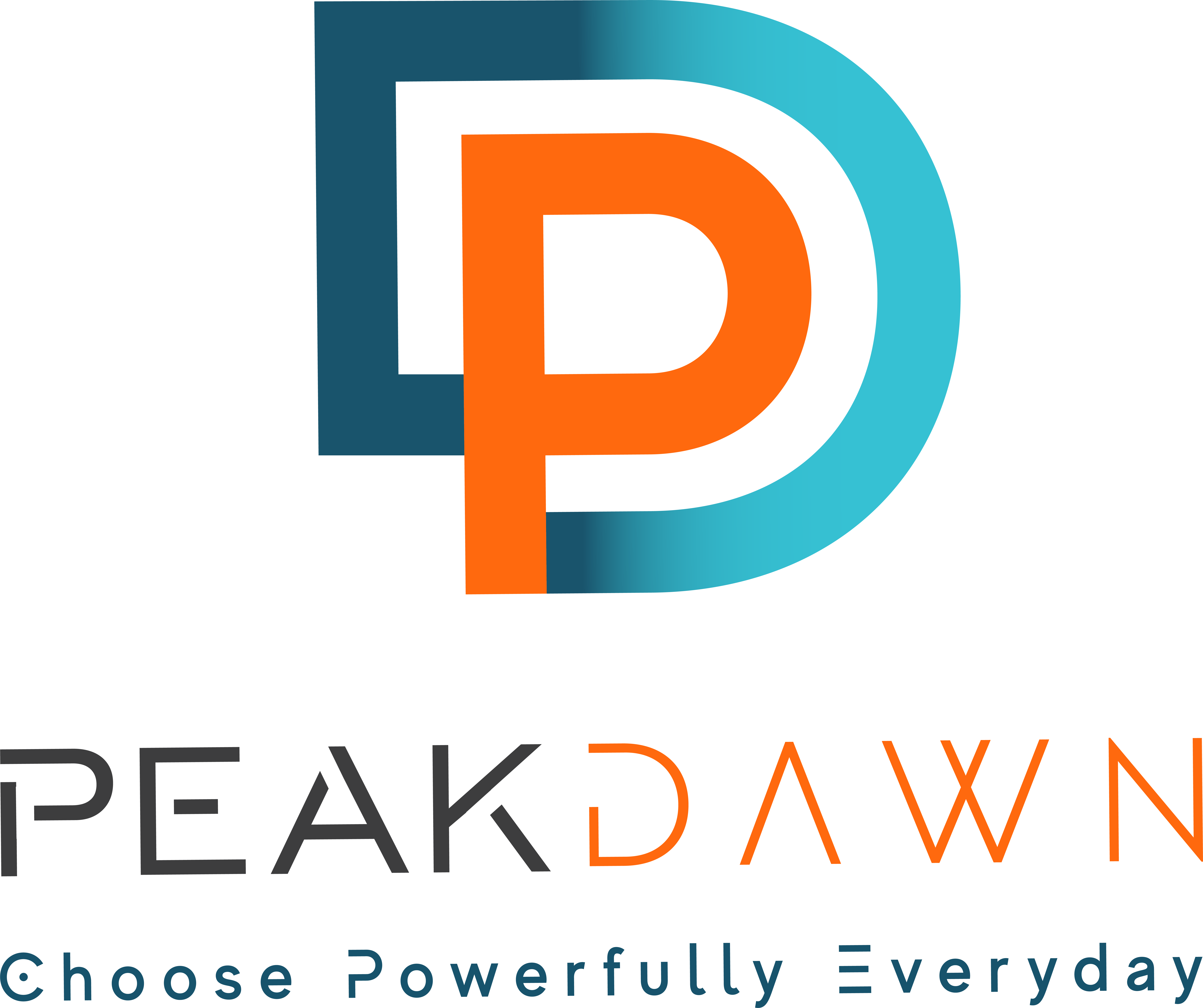Self Care Strategies
50% of our happiness level is determined by our genetics, 10% by circumstance, and 40% by intentional activity.
By focusing on the 40%, the intentional activities, we can examine in this article how to “do happiness”. I believe that we are all able to take back control, and influence how we feel on a daily basis. There are bio-chemical, social, and psychological strategies that we can take advantage of to optimise our levels of happiness. Happiness is a feeling, an attitude, and a way of experiencing life.
This journey is partly a choice, and is, most definitely, a practice. Feeling happy doesn’t just magically arrive without action, so it is crucial to understand the environments, social conditions, and physical places we must put ourselves to feel it. Happiness, however, cannot be forced upon people and there is no “right way”. In fact, it’s been proven that free will and knowing you have a choice is fundamentally important to being able to enjoy any activity!
When it comes to strategies, it’s important that you pick and choose what works for you, but also trust the process of trying new things. I believe that happiness can indeed be broken down into components, and these components can be categorised into the following four realms. In this blog I will be addressing the first realm , of Self Care, but just for your awareness, the four realms are:
- Self-Care
- Relationships
- Pursuits
- Perspectives
I will soon be writing about Relationships, Pursuits, and Perspectives, but for now, let’s dive into Self-Care.
1. Self-Care
Getting outside in a natural environment allows our brains to relax, our spirits to connect, and fills us with vitality. But why?
Modern life is full of distractions and things demanding our attention. This is especially true with our digital devices, whether that be our phones, or computers. When we use the prefrontal cortex part of our brain too much, we can get what is called “attention fatigue”. It has been shown that getting in nature gives your prefrontal cortex a chance to CHILL OUT! Yes, this means we can then use our brain more effectively afterwards, but more importantly it has a positive impact on our happiness levels. Your brain literally experiences lower frustration, engagement, and arousal, thus allowing it to restore! Creativity studies have demonstrated that people who regularly get outside in a natural environment access their natural creativity more easily, compared to those who only get outside in an urban environment. The conclusion? Go for a walk!
We need to remember that nature is alive, and we too are organisms filled with vitality, so let’s not crush our souls with the concrete jungle, and make sure that we put ourselves amongst living things too. Do you live in the city? Don’t worry an urban park, or urban woodlands will do the trick too.
Oxytocin
The hormone of oxytocin is released by Mothers after child-birth and during breastfeeding. This biologically solidifies the bond between Mother and Child. For me, the depths of the Parent-Child bond is almost immeasurable, however multiple studies demonstrate the clear role that oxytocin has to play for both parents and children. Once you’ve held and bonded with your child for the first time, it’s like a lightning bolt strikes and you’ll do anything for your off-spring — I know, I’m a Dad!
Now, oxytocin isn’t just present at child-birth, it’s present in everyday family relationships. I can only tell you the joy of holding my child’s hand, or giving my Wife hugs throughout the day. In our familial relationships, I am lucky to say that we are all aware of the power of a hug — so we practice that throughout the day!
So what about you? Perhaps in addition to family, you might consider hugging your friends when you see them. It shows them you care, releases oxytocin, and feels great!
At a group level, you may experience a sense of bonding through your local community, or indeed through sport. I know that I get a deep sense of connection with others when I chant “OM” in a room full of yogis. When groups experience a release of oxytocin, they form a sense of “we”. Indeed, in the professional environment, this is why close-knit work teams have a true sense of cultural identity….it’s because they’ve bonded.
Focusing briefly on intimate relationships, oxytocin is released during orgasm, so that’s why it’s often said that sex is part of the “glue” of relationships. Further to this, the act of emotionally bonding with your partner brings companionship, which again releases oxytocin, so I am sure you can spot the pattern now?
Overall, our lives have many realms, be it bonding with your family, friends, or colleagues. This feeling of being close to people is crucial for your happiness, and we thrive with a sense of oneness and community. Practice the art of hugging (where appropriate), and sharing your life with the people you care about, because it is the physical and relational act of bonding that releases this powerful hormone.
Endorphins
Endorphins are released after:
a) Exercising (often called the “runner’s high”)
b) Eating spicy food
c) Eating dark chocolate
d) Laughing
So? Go for a workout in the morning (whatever you can manage), feel that high throughout the day, have a curry for dinner (if you like spicy food), enjoy a bite of chocolate and stick on a good comedy show, or catch up with a funny friend! Haha! Simple right? But admit it, that might sound like a pretty good day?
Laughter boosts your immune system, relaxes the whole body, burns calories, protects the heart, lightens the load of any built up anger, AND releases endorphins. Laughter really is the best medicine!
I will be talking about exercise more in just a wee minute….hold that thought, and let’s continue.
The Importance of Sleep
I could write a whole book on sleep, but let’s focus down the relevance to Happiness. Here are two points to consider:
a) In PO Bronson’s Book, Nutureshock, the author illustrates that we tend to recall negative memories and experiences more readily when sleep deprived. Conversely, we are better equipped to recall positive memories when we’ve had enough sleep. So, from a neuroscience perspective, our days literally are “rosier” when we’ve had a good night’s rest :)
b) The UK’s National Health Service recommends eight hours of sleep a night for the average person. Sleep deprivation can make us grumpy, lack focus, irritable, “foggy”, and can make us “feel down” about life. Yuck! What a long list! There are many serious health impacts and risks too from not getting enough sleep. So what can you do about it? The short answer is wind down earlier, give yourself a “buffer” of extra hours beyond eight hours, and if this means going to bed earlier, then make it happen! We need to admit that we are not super human, and in doing so we can become happier, more productive humans. Ironic isn’t it?
If you are a high achiever who believes that resting is for losers, then try this mantra on for size….The More I Rest, The More I Achieve.
P.S. That’s scientifically accurate.
Exercise — your moods, self-image, and more…
“ An estimated 16.2 million adults in the United States had at least one major depressive episode” Depression is a very real condition, and I feel we are all susceptible to it to a greater or less extent. The question in this blog is, what can we do about it?
Studies have show that as little as 1 hour of exercise per week can help prevent depression, so there really is a lot to gain beyond physical health benefits. Exercise can be adapted to your age, fitness levels, and physical ability, and its crucial to know that you do have the power to start something, in some form. The only person that can put on that pair of sneakers (or trainers if you are from the UK, like me) is you.
Now, why do we exercise? Often its about a fitness goal, losing weight, or competing, but the truth is that we feel better about our body imagethrough exercise regardless. This makes sense to me, as a Coach, because I know how crucial self-esteem is to happiness. By getting out there and doing it, you are proving to yourself that you are in action. If you’d like to read more on this check out this article, or watch this inspiring video below.
Finally, remember those Endorphins? Well the reason endorphins are released with exercise is because your body is in pain. ‘Exercise-induced euphoria’ literally occurs because endorphins are a form of opioid, and as a result alter the way your body perceives pain. Obviously don’t overdo it and give yourself an injury, but moderate exercise can induce euphoria in this way, so hop on-board!
The Conclusion
Looking after yourself is the most important thing you can do for both yourself and the people around you. After-all, you can’t be expected to give a dollar if you don’t have a dollar. We will talk about the other realms elements of happiness in future articles, but remember that you need energy to give to your Relationships, energy to go after your Pursuits, and energy to have the mental capacity to take philosophical Perspectives on life. If this means going for a massage, running a bath, or taking some time for you, then take it. You deserve it.
I hope this article has conveyed the necessity of practising Self-Care. Self-Care actually comes with a lot of responsibility, because you are the best person to judge when you need to take time for you. So, get on the front foot, know that you are being selfish in a good way by looking after yourself, and certainly start knowing that you shouldn’t feel guilty for nourishing your body, your soul, and your relationships. You are a vibrant, worthy being, and should be celebrated.
I look forward to seeing you again in Part 2.
To Your Happiness!













